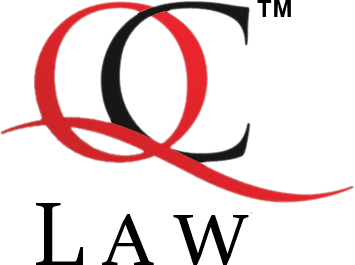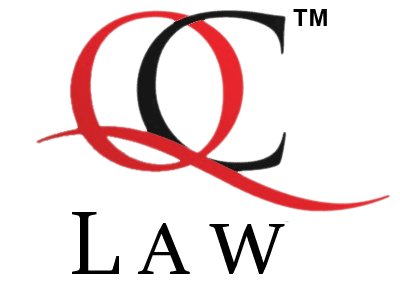Deceased Estates & Administration
What is Estate Administration?
Once a person passes away, the administration of their deceased estate can begin.
If a person has passed away and holds a valid Will, all assets owned by the deceased person vests in the Executor named under the Will. This means that the Executor is responsible for administering the estate of the deceased person.
Where a deceased person dies intestate (that is without a valid will), then the responsible person to administer the Estate is governed by the Uniform Civil Procedure Rules (UCPR). In most cases the role will be that of the surviving spouse and then children of the deceased.
QC Law’s Estate lawyers understand that during this time, it is a confusing, emotional and daunting task that an Executor must undertake in order to arrange for the administration of their loved ones estate.
Our Estate lawyers are here to make this difficult time less burdening. We will give you a real estimated timeframe of how long the process should take as well as a fixed fee of the costs that the estate will incur by engaging QC Law to act on your behalf.
Executor’s Roles
During the Administration of the Estate, the Executor has a number of legal and practical roles and responsibilities which include but are not limited to :
The Estate administration process can be a quite complex process if a grant of Probate or Letters of Administration are required. Our Estate lawyers at QC Law Gold Coast are here to guide you through the process.


